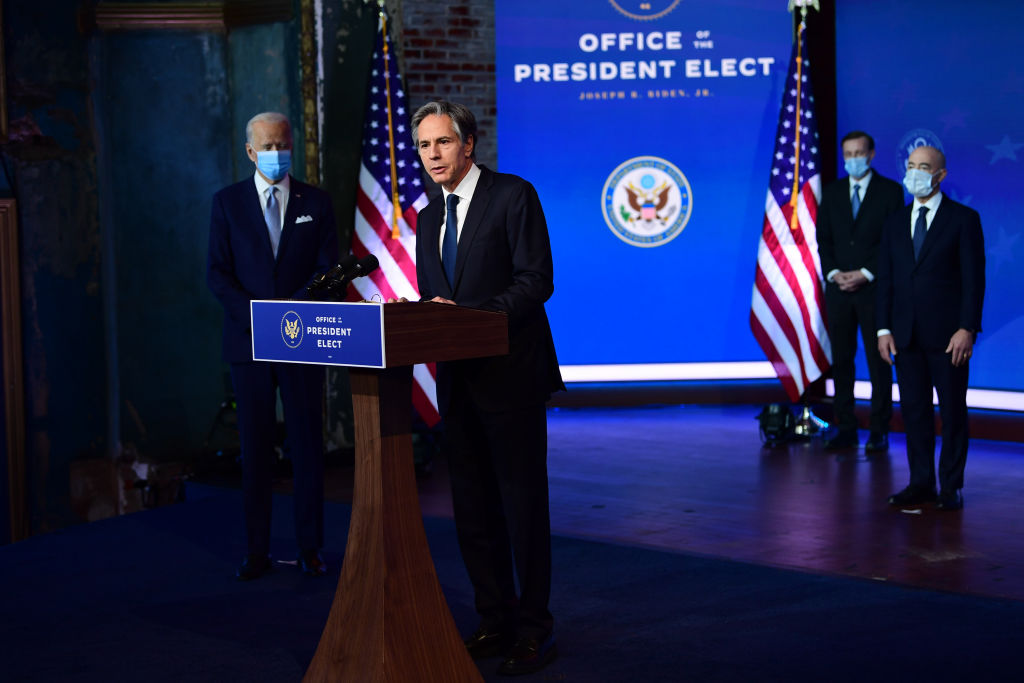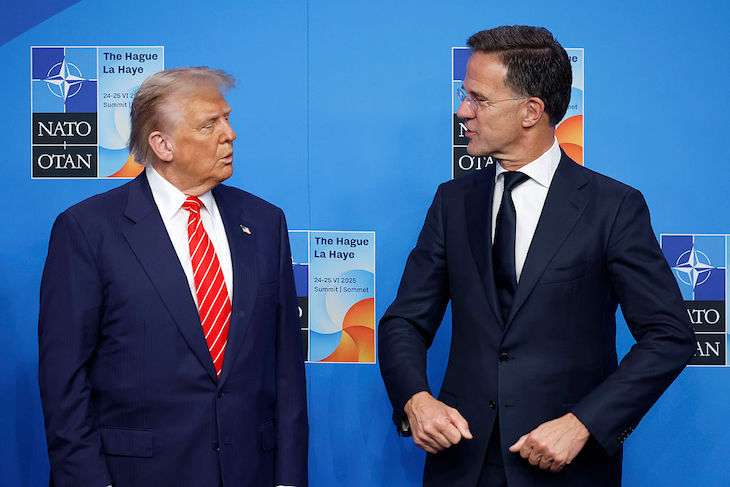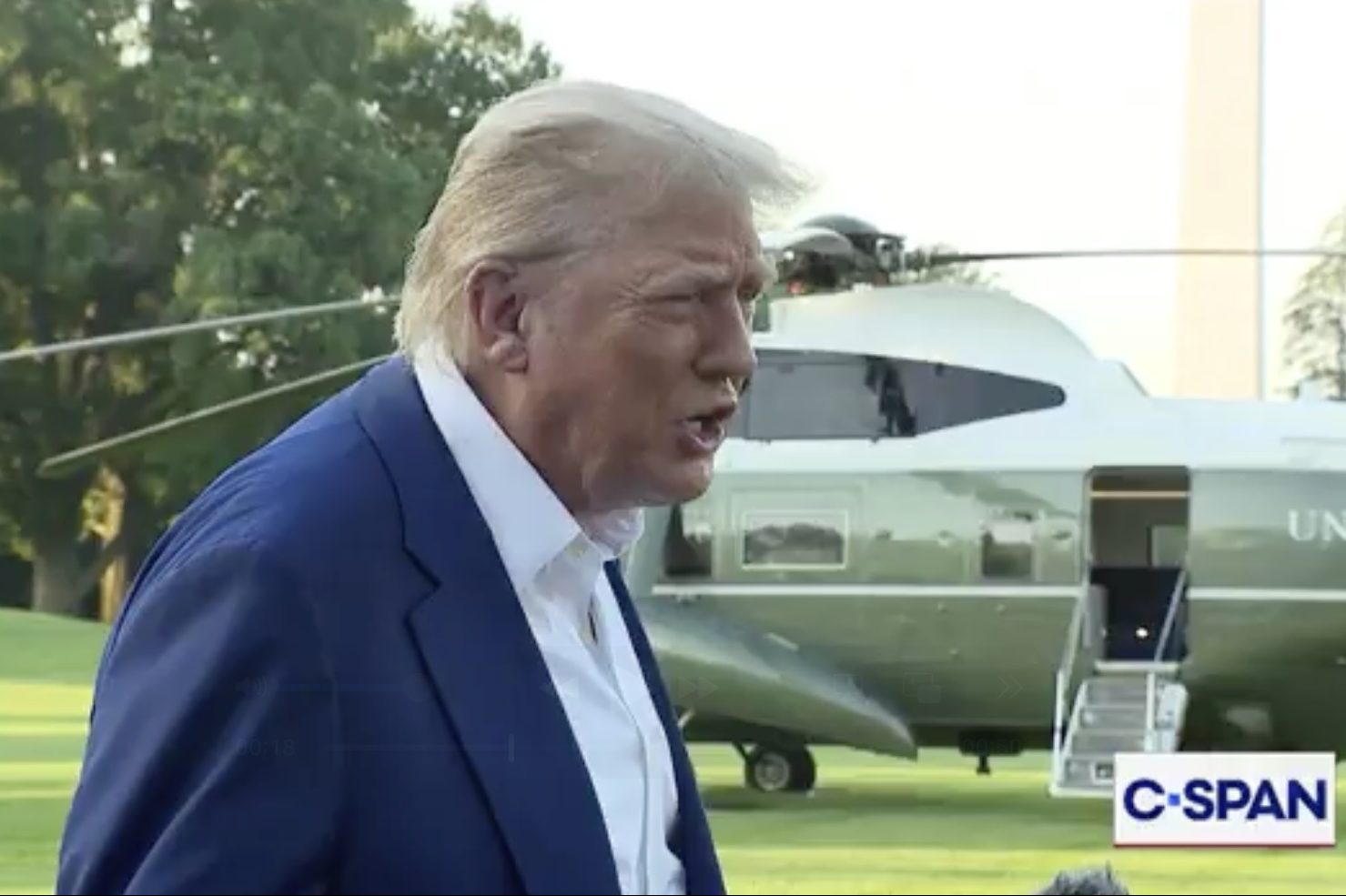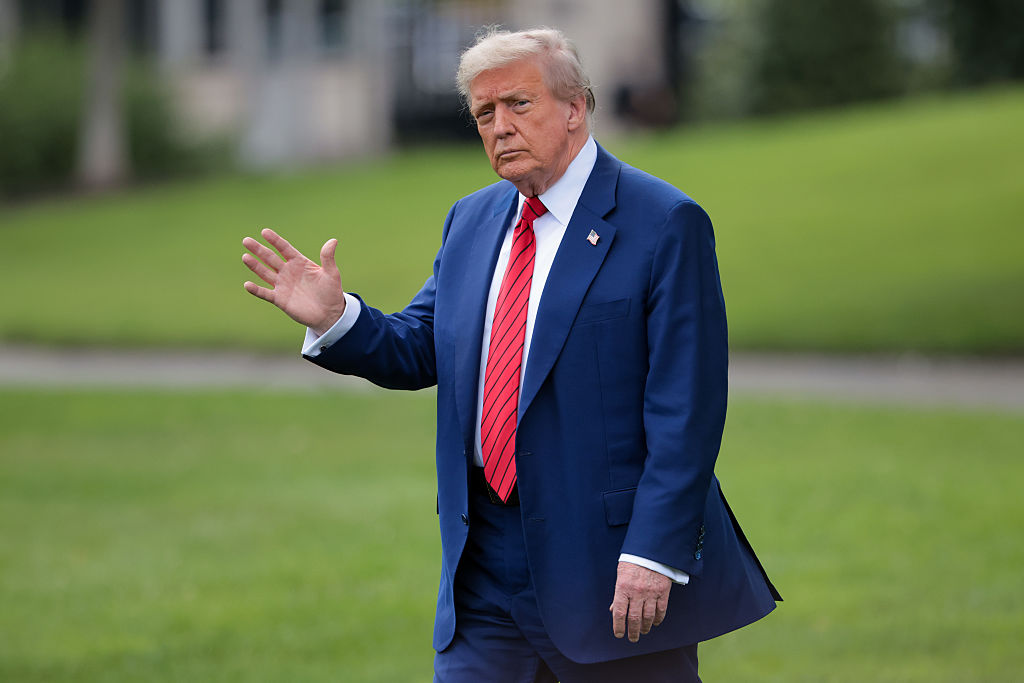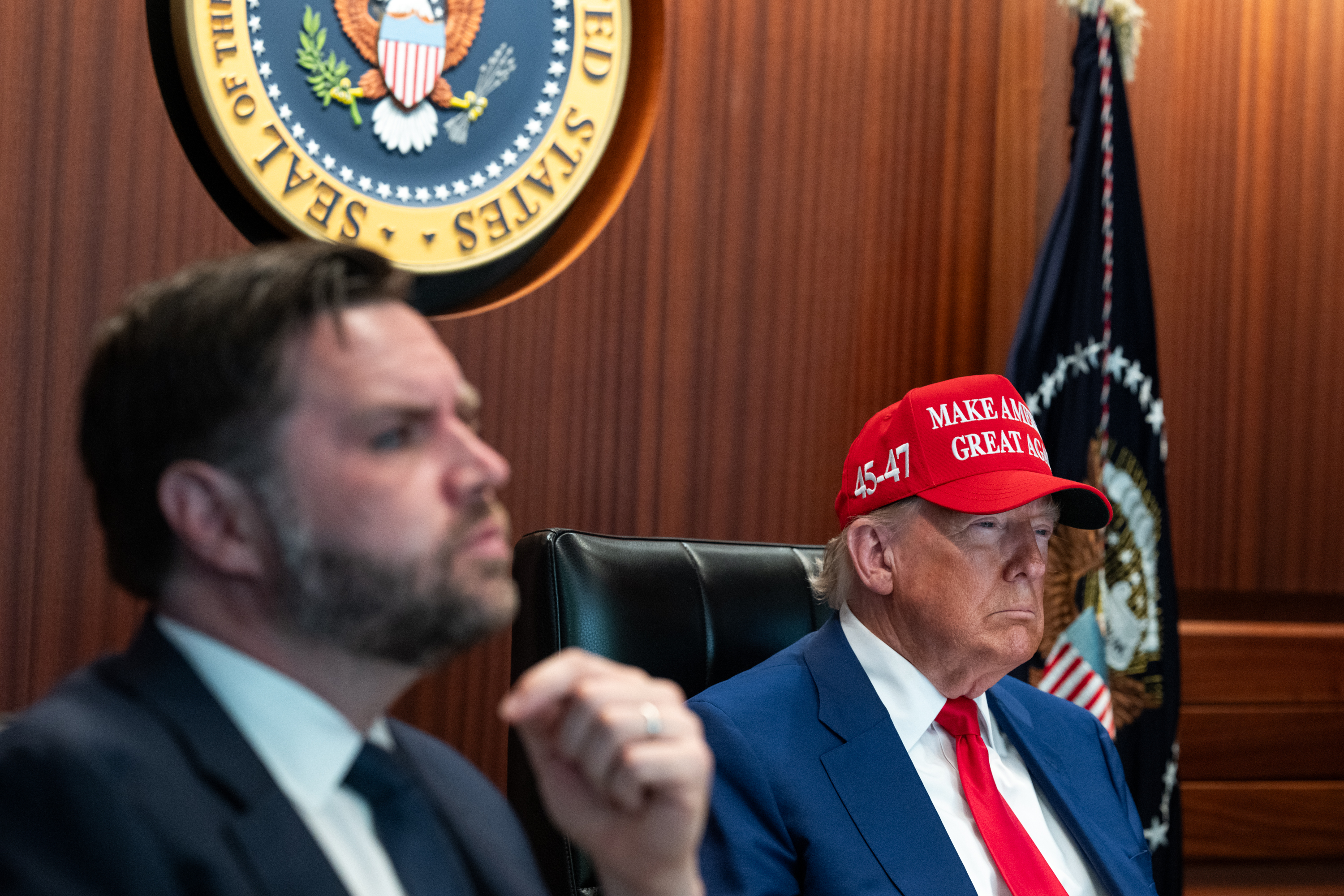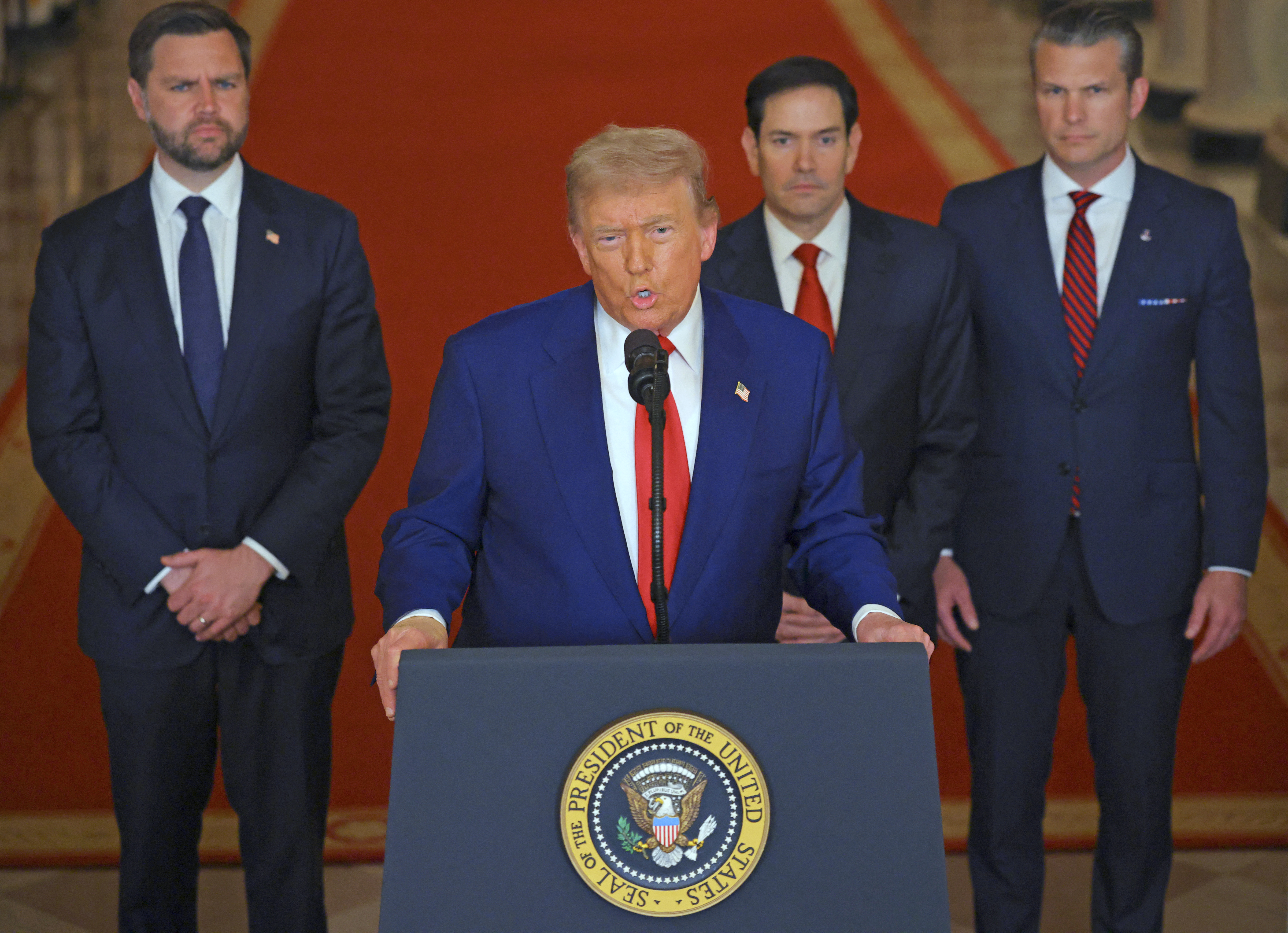President-elect Biden has promised a return to normalcy in US foreign policy. But his recent appointees are a troubling reminder that ‘normalcy’ means endless wars, regime change and the (re)elevation of those who have made — and profited from — America’s worst decisions.
The laundry list of potential names would cause most Americans’ eyes to glaze over. National security adviser designee Jake Sullivan is a former deputy assistant in the Obama White House. Biden’s nominee to lead the Department of Homeland Security is Alejandro Mayorkas, former deputy secretary of the same department from 2013-2016. Many of Biden’s picks are old hands from the Obama years.
But many have extensive nongovernmental experience that should provide pause.
Biden’s secretary of state designee, Tony Blinken, founded a shadowy consulting firm, along with other appointees like former-partner-turned-director-of-national-intelligence-designee Avril Haines, called WestExec Advisors. The group helps companies like Google do things like earn lucrative contracts to build drones for the Pentagon to carry out strikes in countries the US hasn’t declared war on.
This fits a broader pattern of lobbyists finding their way back through the revolving door and into the Biden administration. Future White House chief of staff Ron Klain previously lobbied for noble causes like inflating the subprime mortgage bubble that led to the financial crisis. Biden’s longtime friend and new White House counselor Steve Ricchetti is one of the best-known lobbyists in town, even holding on to at least one corporate client while part of the Biden campaign.
To the Washington Beltway, these names are boring: no real surprises; lots of experience; a veritable bubble-bath compared to the Trump years. And simply lobbying the federal government shouldn’t automatically disqualify someone from public service in the future; lobbyists often come to their roles because they have a deep understanding of a particular issue, and all sorts of efforts are worth the attention of the government, even if they might be spun otherwise.
But taken together, what Biden’s appointees represent is a return to a failed consensus around foreign policy that has cost the United States dearly in blood and treasure, even if it may have profited them personally.
Blinken was the top aide to then-Sen. Biden when he voted enthusiastically in support of the Iraq War. Sullivan was instrumental in shaping the Obama Administration’s failed campaign in Libya, which both President Obama and Secretary of State Hillary Clinton lament as their biggest regret. And the since-scuttled Iran nuclear deal? That was Sullivan’s work, too.
Even those openly hostile toward President Trump should be able to credit his administration with a historic record of diplomatic normalization across the Middle East, particularly between Israel and countless Arab countries who had vowed never to recognize the Jewish state’s existence.
His success in an area where American policy has long failed is attributable to his rewriting of the rules: Trump flipped over the carefully crafted international-relations-theory-board and started fresh. That approach was greeted with mockery and outrage from the foreign policy establishment, including incoming Biden climate czar John Kerry, who assured us that the approach that has since led to peace breaking out across the Middle East would end in disaster. Thankfully, this ‘expert’ consensus was wrong.
***
Get a digital subscription to The Spectator.
Try a month free, then just $3.99 a month
***
So it should concern us that writers like the Washington Post’s Max Boot — who quite literally wrote the book on the benefits of costly, pointless wars — are referring to Biden’s crew as the ‘A-team’.
Does anyone believe that Libya’s devolution into a failed state or a deal that has ensured a hostile foreign power could continue their quest for weapons of mass destruction were worthy of an A grade? Cockburn personally doesn’t.
Biden’s appointees will continue earning supportive coos from the foreign policy establishment who haven’t been right in 75 years. That alone should fill Americans with dread about what a Biden foreign policy could look like and its attendant costs for our country and the world.



